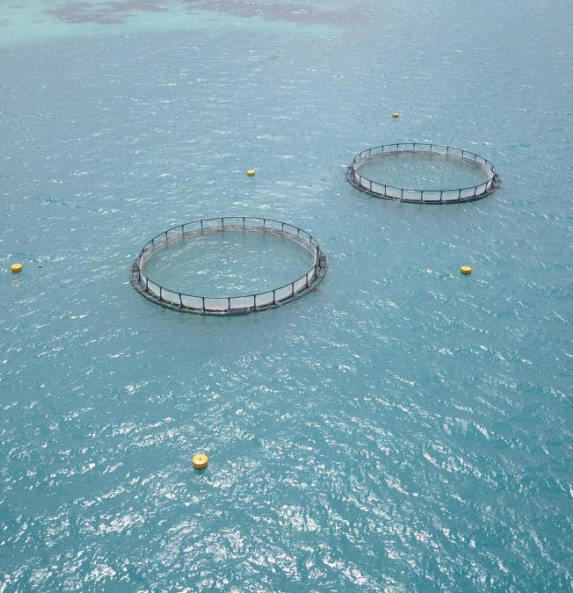The government of Seychelles has made a concerted effort to diversify the economy, by developing a ‘Blue Economy’ strategy. The Blue Economy focuses on several important spheres including: the marine environment; fisheries and aquaculture; tourism; ocean-based renewable sources of energy; transportation; marine mineral resources and maritime security.
With a growing human population, it is clear that traditional land resources will not be enough to meet the demand for resources, such as food or energy, required to support high-quality livelihoods. As a result, the oceans are emerging as a source of untapped assets, with new industries, such as aquaculture, marine biotechnology, marine renewable energy and deep-sea mining, growing or developing rapidly. This comes at a time when the ocean is under unprecedented pressure from the effects of climate change, which is causing it to warm and acidify, as well as from growing demand for fish protein globally, and from various forms of pollutants.
Two studies were conducted to determine the desirability of developing marine aquaculture in Seychelles. They revealed positive support for the development of an environmentally and socially responsible mariculture sector leading to the development of a Mariculture Master Plan (MMP), which started in 2011 and continues today.
The Mariculture Master Plan (MMP) is a tool “enabling the Seychelles to develop a sustainable marine aquaculture sector that is integrated into the country’s economic vision and respects the unique and sensitive nature of the marine environment.”
The Seychelles Mariculture Master Plan (MMP) facilitates the development of this aquaculture industry in Seychelles and is centred on the Ecosystems Approach to Aquaculture (EAA). The EAA lies at the core of many modern strategies for sustainable development and is in line with Seychelles’ Blue Economy strategy.

